|
Already 15 years back, we heard that the number 1 reason for being stressed are distractions. That's when we sticked red post-it notes on the screen to indicate: "Don't distract me". We are also often heard that when we are distracted from a piece of work, it might take 23 minutes to be back in our 'flow'. Why is this important to keep our distractions at bay? They create stress, kill our productivity, limit our creativity, influence the way we concentrate on conversations, losing focus on what is important... The list might go on and on.
In a recent interview, Andy Puddicombe mentions we are spending 50% of our time distracted. This is a lot of time! And instead of trying to blame externalities for these distractions, he suggests to look inward. Recognising and labelling these distractions is a great start to reduce them. And as we are training our muscles and our stamina with sports, we can train our mind with regular exercises. After almost 100 hours of meditation, I see results. This routine is part of keeping my body, mind, heart and soul fit and strong. As a result of being mindful, you will look at distractions in a different way; allowing yourself on focusing on small steps. Not getting lost in too many parallel activities and thoughts about things that are not relevant today. This might happen in the context of a conversation with a peer or in the context of a large scale project. Creating a space to reflect and focus on what is creating value. Source: Headspace Co-Founder Andy Puddicombe Says We Spend Half Our Lives Distracted. Here's His Simple Solution.
0 Comments
Often, I get involved in discussions about how to motivate people; simply because I believe that in order to achieve excellence, we need people that are excited about what we want to achieve in our company. In this context, it is difficult to avoid the topic of financial targets. In my eyes, financial targets are a contributor to dissatisfaction when handled wrong. When handled right on the other hand, they don't motivate. Why is that?
Here, I want to share some of my thoughts about financial targets; and I am happy to hear your comments as well.
What are alternatives targets then? In a discussion with my friend Daniel Benes, he has suggested three key factors to focus on:
Which key performance indicators create success in your teams? Quarter four is around the corner and yes, this is the last quarter of the year - time is flying in 2020! For many, this means reviewing their objectives and defining the new key results; closing all the major deliverables for the year...
Focusing purely on the deliverables though, might not lead to lasting success. This focus on the 'what' is not addressing the effectiveness of reaching the results. In a previous post - a single focus on performance might impede performance - I highlighted that we also need to look at 'experience' and 'learning'. What does that mean for our key results? Here my suggested sections for expanded Objectives & Key Results:
Interesting... and what does that mean for our key results? How can we make them concrete and measurable? Let me list examples from a recent project. Stakeholder Engagement (learning)
What are your examples? How do you accelerate your teams' effectiveness in reaching their deliverables? This June was the first time I came across this word - Antifragility. Grant Rawlinson mentioned it as a strategy he applied during his adventures. Recently, more people started to mention it and I got curious. The story is simple. When we are fragile, we break under pressure. We start to be resilient; that means we don't break under pressure - we are surviving. The idea of antifragility is that we are growing and becoming stronger under pressure. Nassim Taleb defines it as:
"Some things benefit from shocks; they thrive and grow when exposed to volatility, randomness, disorder, and stressors and love adventure, risk, and uncertainty." How can we become thriving under pressure? Buster Benson summarised ten principles based on Taleb's book. Here are my thoughts around it:
In order to create lasting success, we might want to build a collaborative foundation and have a clear direction where we want to go. Then, we can combine this with curiosity to experiment and with a common understanding who are we creating value for. This might be a formula that avoids the trap of short-term thinking and shortcuts that ruptures our strength over time. Source: 10 Principles to Live an Antifragile Life Today, I had the opportunity to share a hybrid approach to transformation in operational excellence together with Pascal Daniel during the OPEX Week Live APAC. What excites me about conferences are the interaction between peers and experts in the same field - even in a virtual format. So, we had an interesting sharing of insights how we can trigger lasting success in the current disruption. Exciting to see that the audience is also focusing on innovation, positivity, adaptation, health, empowerment, etc. A very people-centric view.
The hybrid approach we presented is pushing along these keywords; the approach is based on human-centricity, bottom-up and and an ecosystem & value focus. The method is inspired by design thinking and lean startup and follows four key steps:
Join us in a workshop where we guide you in applying this approach to your own challenges and opportunities. Fill in this form to express your interest: https://forms.gle/9W3MqGuwsvrEY39PA About a year ago, a factory in Thailand embarked on a journey to redefine how they approach operational excellence. One aspect was to get crazy ideas; we conducted a design thinking workshop that engaged over 70 people in six teams. In this article, I want to focus on the execution of these ideas: Big & Small Thinking.
In a workshop the teams split the crazy ideas into smaller clouds. Each of these smaller clouds represented a potential three months projects; they followed the following principles:
These criteria represented a shift away from the typical 12-18 months projects. The biggest challenges the team were facing were, a) that after each three months we can add value to the business and b) that we don't know what we will be working on after this project is completed. Both elements allow the teams to stay flexible and adjust the big picture journey to new discoveries and to changes in the environment. At the same time, we were able to celebrate much earlier. The engagement was very high. How do you drive excellence in a complex and ever-changing environment? While coaching teams to become more agile, I am observing teams that are rushing after their action log. Things don't go according to plan and friction starts. That is normal. And, what is the impact on the morale and the quality of the collaboration? This churn can't go on forever, that is for sure.
This is why teams regularly meet, sit back and reflect on their daily work. Some call it after action review, some call it retrospective. Different teams use different structures to conduct this meeting. The tools are not the most important. As an observer, you can identify how well the is collaborating; how the dynamics work; uncover friction. These are the important parts during the reflection sessions; looking at the bigger picture. Typically, the team members share things that went well and then the group has lengthy discussions about what went wrong and what we should do differently. In this article, I don't want to write a guide on these reflection sessions. Though, I want to highlight one single thing. The end goal of your reflection session is that the team feels confident and energised to go back to their daily work. Often that is forgotten or neglected. What is your routine to boost energy? |
Subscribe
Receive our monthly themed summaries of our thoughts: click! TimTim is a change practitioner in the area of innovation and excellence. He is working with teams to accelerate innovation, collaboration and agility. Categories
All
Archives
July 2024
|
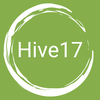
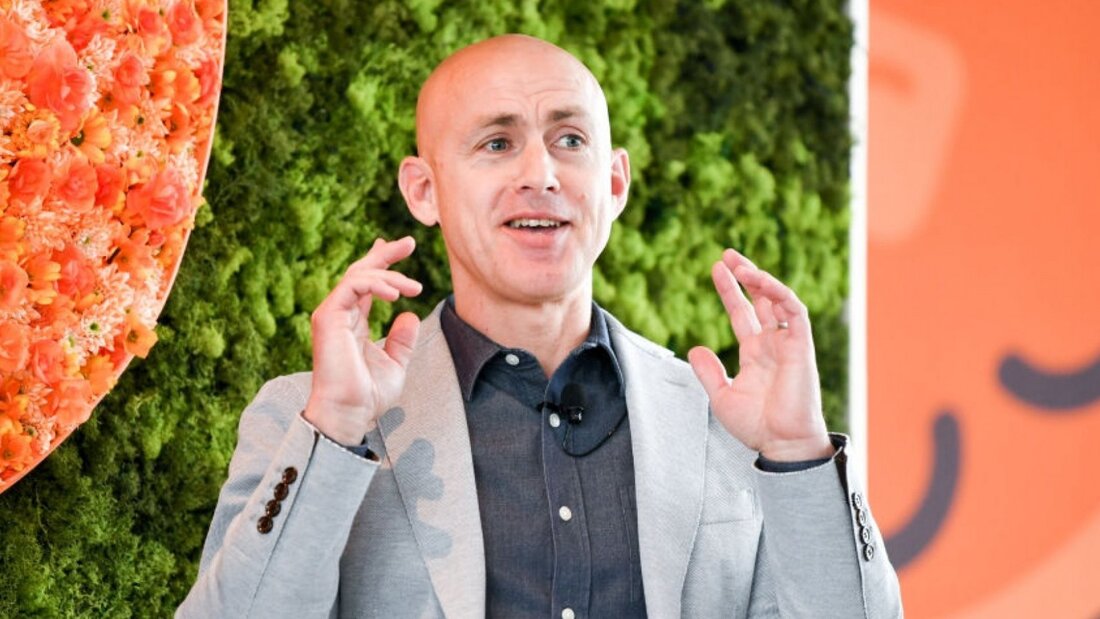
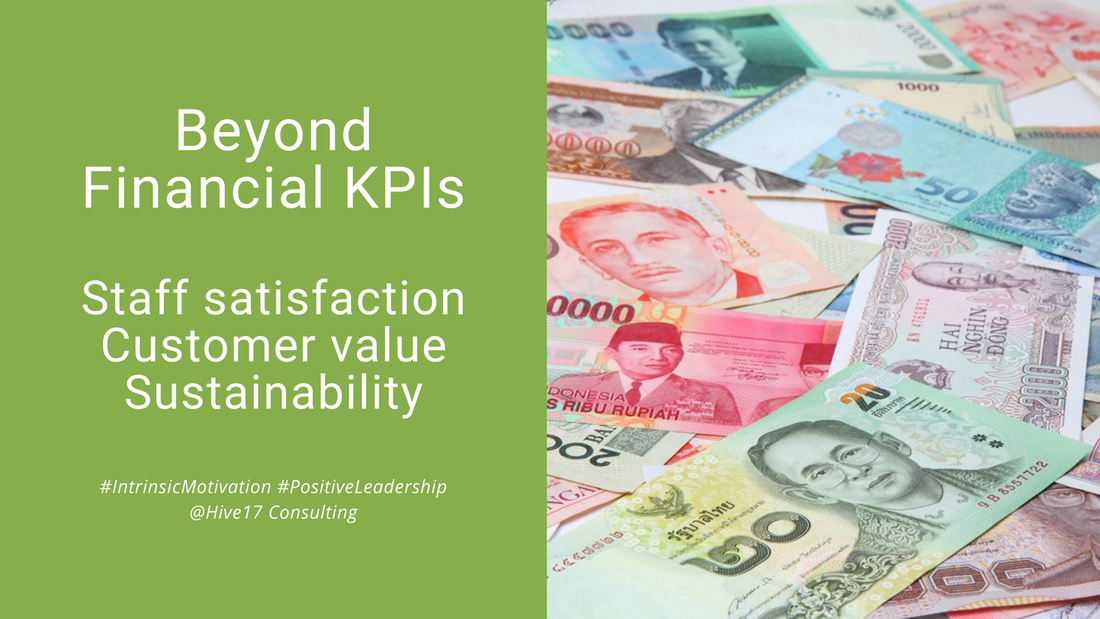
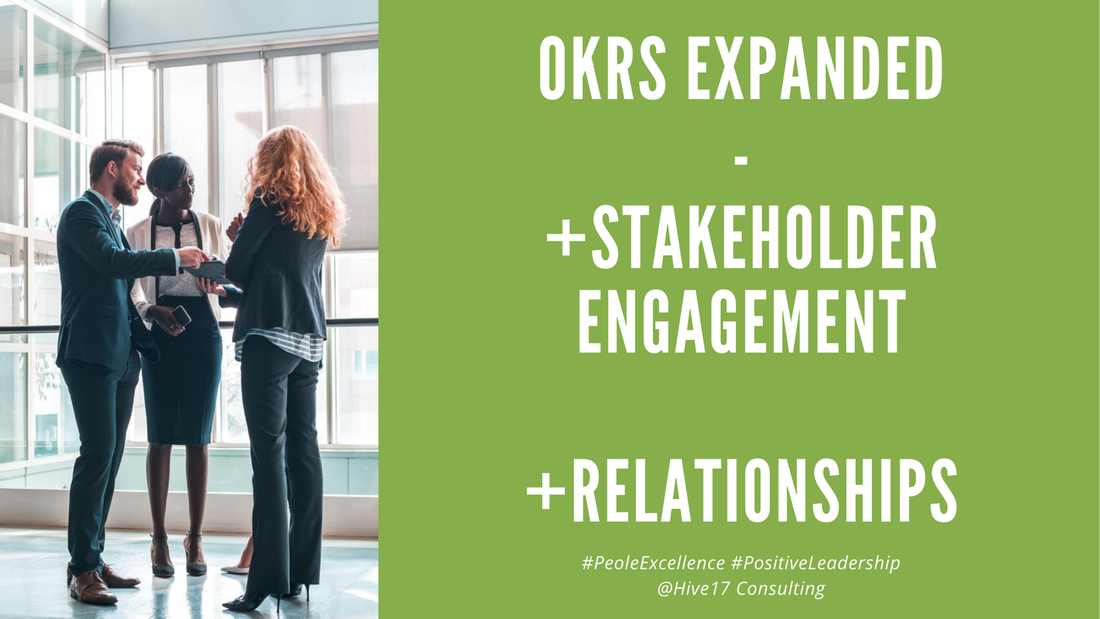

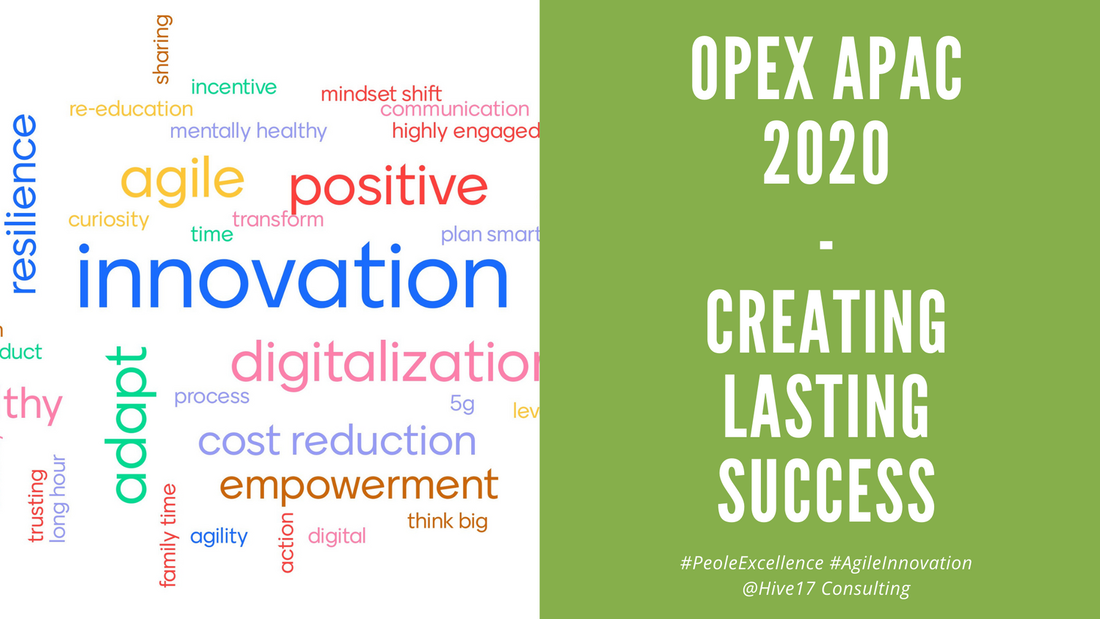
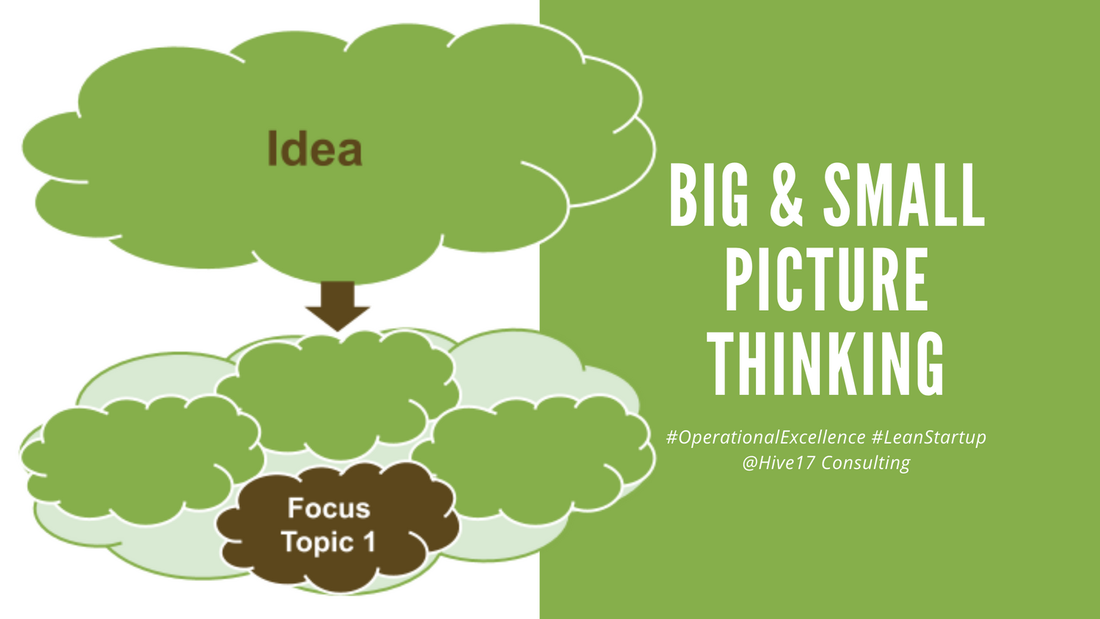
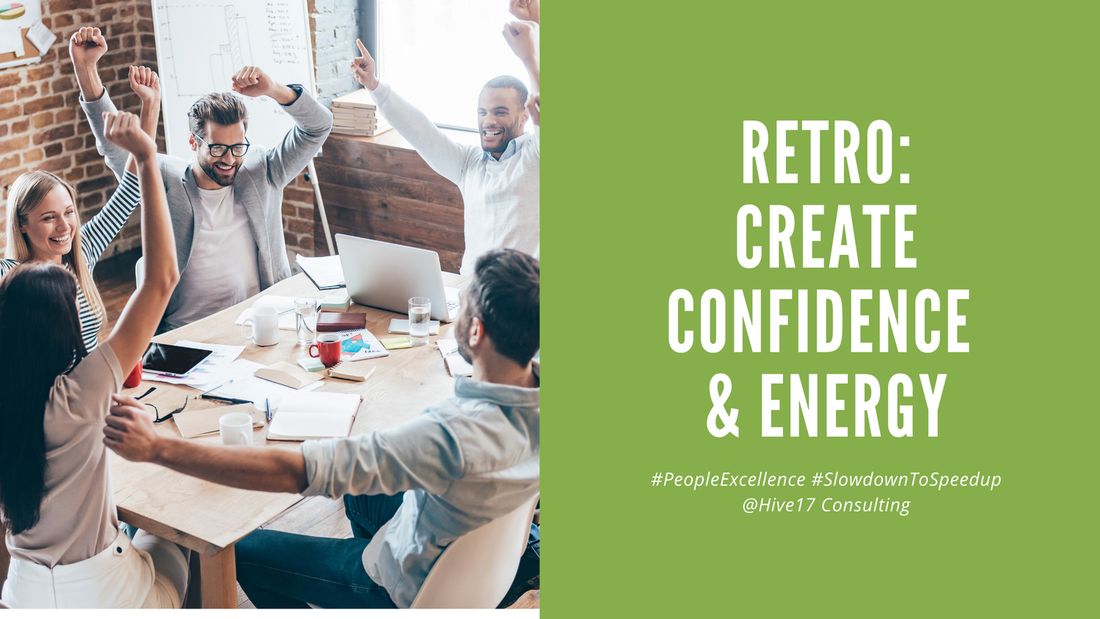
 RSS Feed
RSS Feed